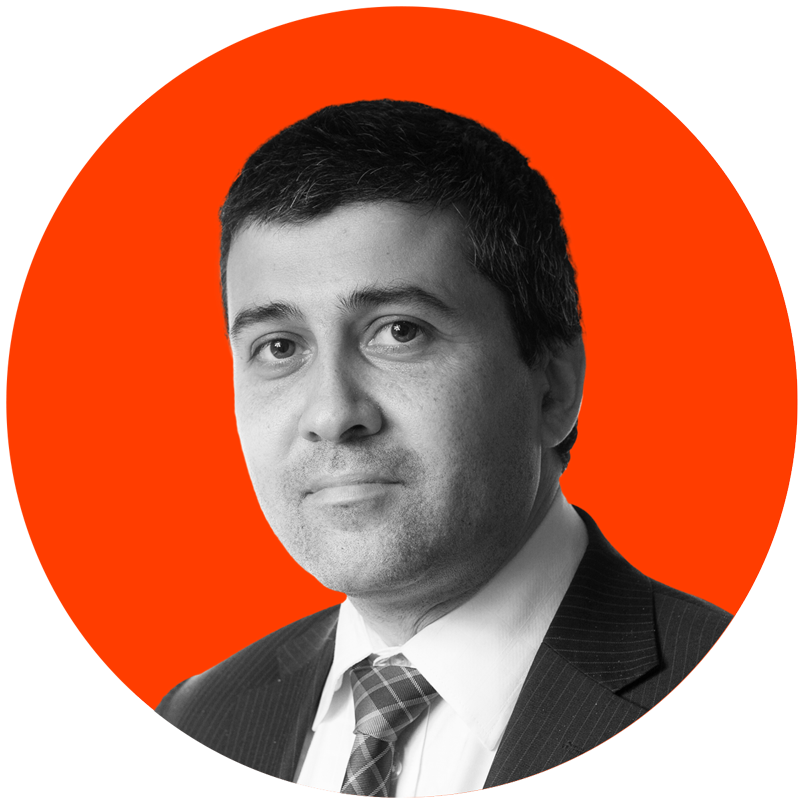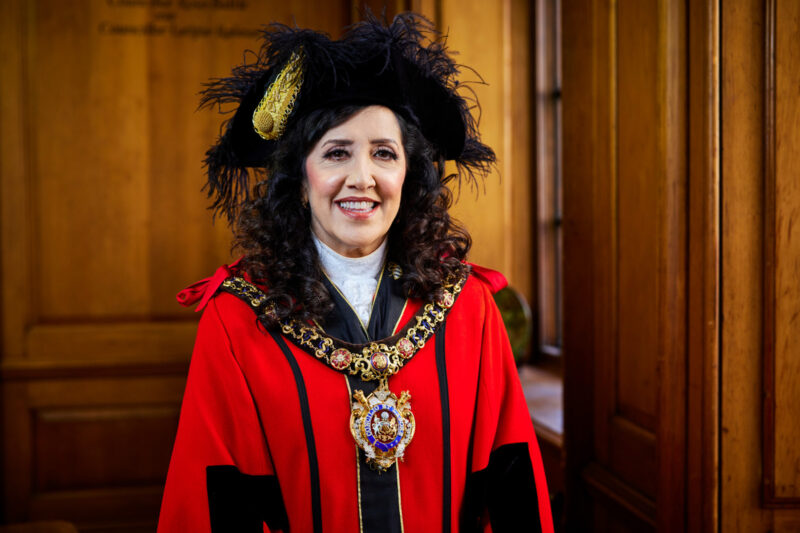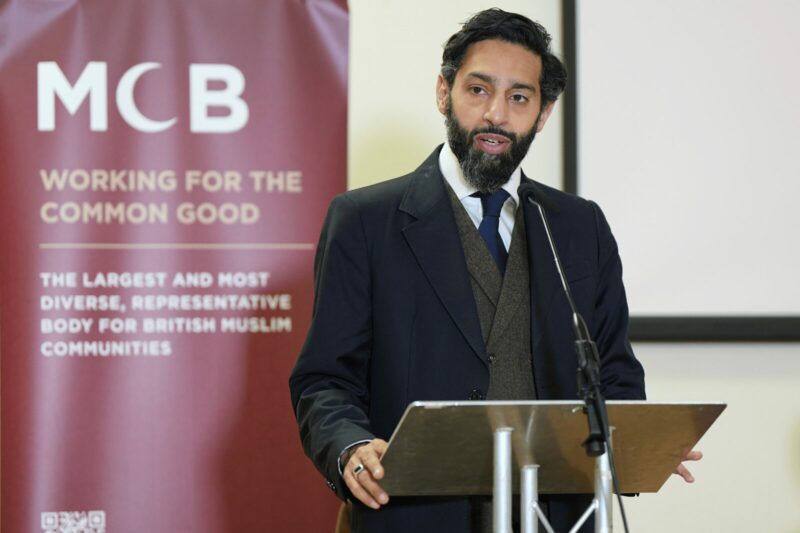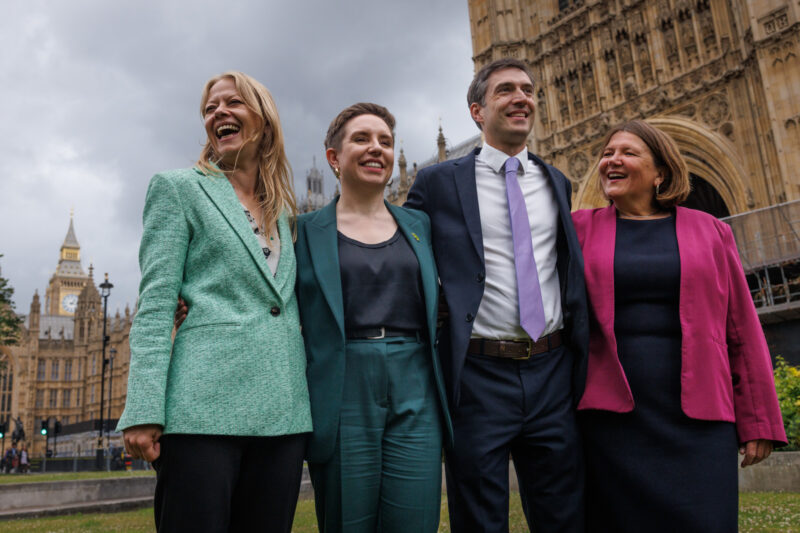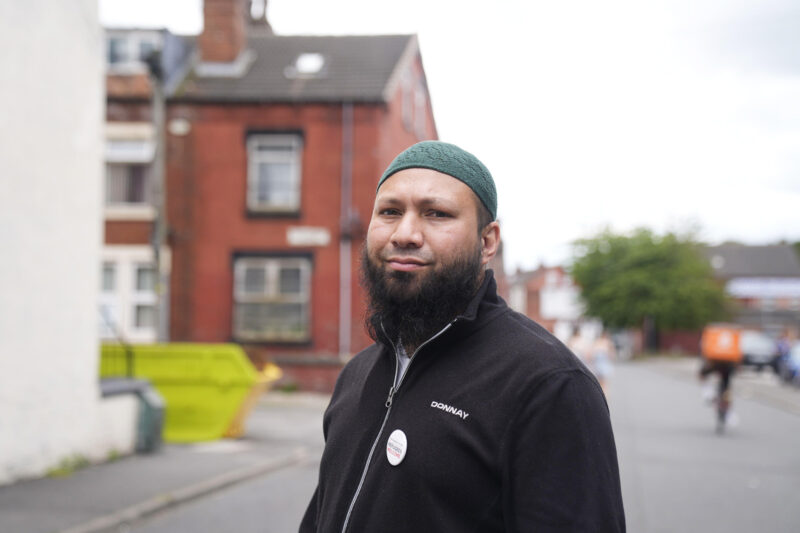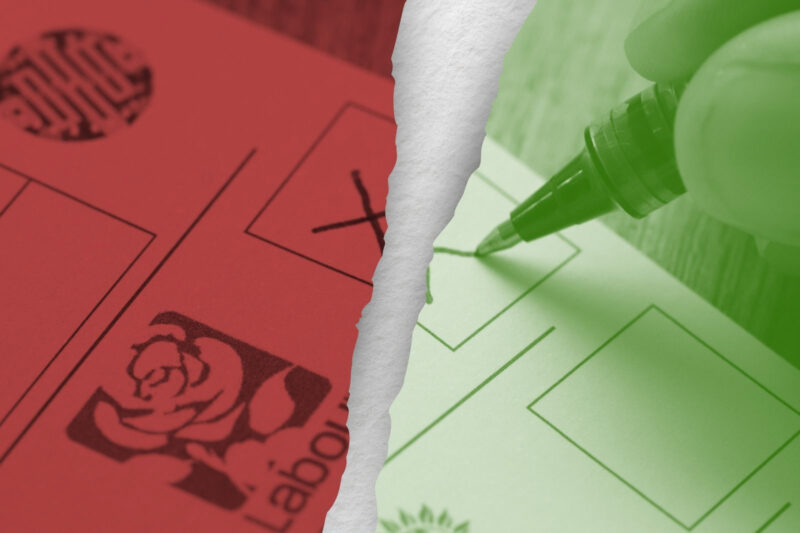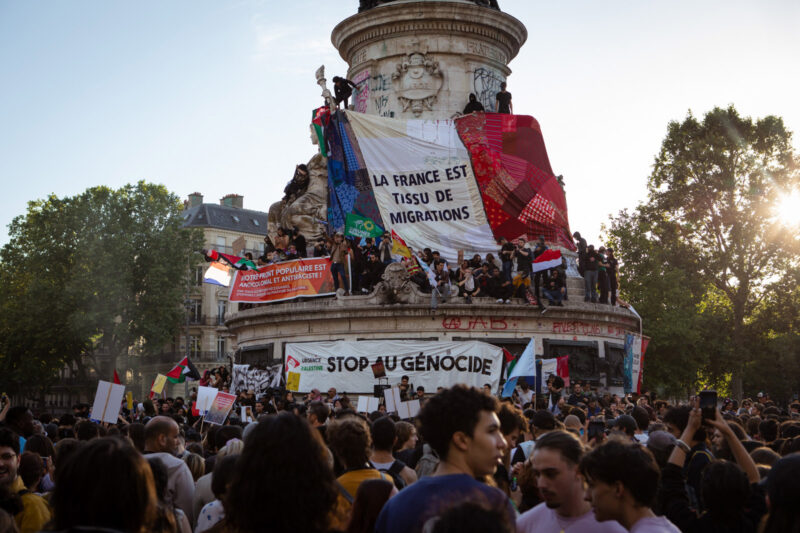Why politicians should heed the King’s words by encouraging a common civic identity
Britain’s political parties should take lessons from King Charles and encourage good relations between people of all faiths and creeds
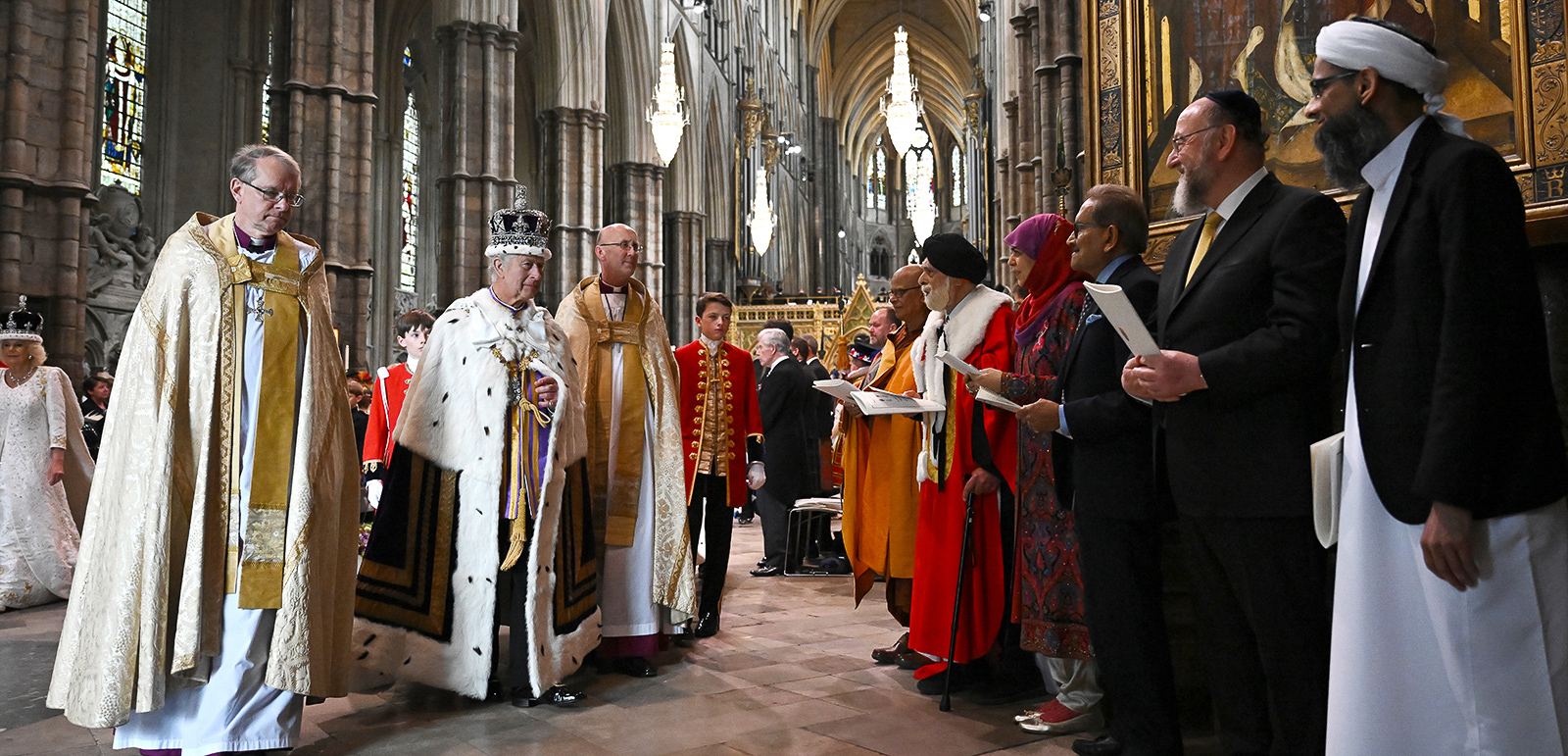
The Coronation of King Charles III sought to tell a new story about faith in Britain. The Protestant character of the ceremony remained unchanged, with readings from the Old Testament and references to English ecclesiastical kingship dating back to the 8th century. This time it included a newly commissioned prayer, written especially for the King, which publicly recognised the country’s multifaith present and future. The prayer gave a blessing to those of every creed, a gesture reciprocated by representatives of Britain’s minority faiths who attended the ceremony.
To what extent will these symbolic commitments to interfaith harmony be reflected around the country? While it is perhaps too early to tell, a result from a recent local election in Leicester suggests that the King will struggle to realise his ambitions.
While most of the UK voted against the ruling party, the Conservatives made strong gains in Leicester city council, winning 17 extra seats and denying Labour an overall majority. One of the election’s take-aways was that the Conservatives had made dramatic gains in wards with more Indian Hindu voters while Labour held up more in areas with a higher proportion of Muslims. Labour’s Peter Soulsby, re-elected as Mayor of Leicester for a fourth term but with a much reduced majority, believed that the astonishing result showed how religious faith had been “weaponised” to an extent that he had never seen before — a tactic that, if exploited further, threatened to divide the city’s multicultural and multi-ethnic population.
It is also worth noting that the elections took place nearly a year after clashes between Hindus and Muslims in the city last summer – an event into which no investigation has yet taken place. Rival narratives spread both online and offline, much of them riddled with disinformation and mistruths.
Leicester is the UK’s first “minority-majority” city. More than half of its residents come from ethnic minority backgrounds. The increasingly fractious politics of the city are a complex and contested story involving claims and counter-claims about council performance and the future of the mayoral system, party factionalism and controversies over candidates being deselected, and the relationships between different faith groups. But the question being raised in the aftermath of the local election result now may be whether the appeal of parties to voters may be based less on policy promises than on faith identity.
Coming from Indian-Irish parental heritage, I grew up in Cheshire and Essex as an Irish Catholic, mixed-race kid with an Indian name. While challenging, it became easier to be Irish and Catholic after the IRA ceasefire and the Good Friday Agreement in the 1990s. But the fierce discrimination didn’t disappear entirely. Rather, it shifted towards Britain’s Muslims. Islam was at the centre of British public arguments as never before in the wake of the fierce argument about free speech and blasphemy in the Salman Rushdie affair in 1989, when the author went into hiding after being accused of blasphemy by Iran’s supreme leader, Ayatollah Khomeini.
Today, there is less exclusive focus on the ability of Muslims to integrate into British society. But events such as those in Leicester show how suspicion of religious groups can easily resurface
There was a still greater intensity of scrutiny a generation later after the September 11 attacks of 2001. I heard echoes of anti-Catholic discrimination in the newly emerging suspicion of Islam, where the historic question of whether Catholic allegiances to the Vatican meant divided loyalties now seemed to be transferred to Islam.
The strength of that “them and us” narrative placed particular pressure on the vital work of imams and Muslim community leaders, who found themselves having to fend off both Islamist-inspired extremism and the anti-Muslim prejudice of the far-right, with few resources or broader support from media or the British government. Indeed, during the Rushdie affair, there were few Muslim voices in our parliament or our newsrooms. Few spheres of economic, civic or cultural power in Britain could claim significant reach into Muslim communities.
One of the unexpected effects of the Rushdie affair was a rise in Muslim visibility and representation in public life. Sadiq Khan, first elected as MP for his home constituency of Tooting just two months earlier, was the only one of London’s 74 MPs to be Muslim when the 7/7 attacks took place in 2005, and one of just four across the UK. Just over a decade later, in 2016, Khan was the elected Mayor of London. Meanwhile, the 2019 election saw the election of 19 Muslim members of parliament, more than half of them women.
Today, there is less exclusive focus on the ability of Muslims to integrate into British society. But events such as those in Leicester show how suspicion of religious groups can easily resurface. Politics forged through racial and religious frameworks are often divisive, and discourage a broader, inclusive, civic identity — something that all political parties seeking to govern should push back against.
Whatever happens in the next local or general election, political parties must build relationships with all faith groups. Such a gesture will keep in spirit with the values and intentions that King Charles laid out in his coronation: that good relations between faith groups can foster a better functioning politics and a more humane society.
 Newsletter
Newsletter

